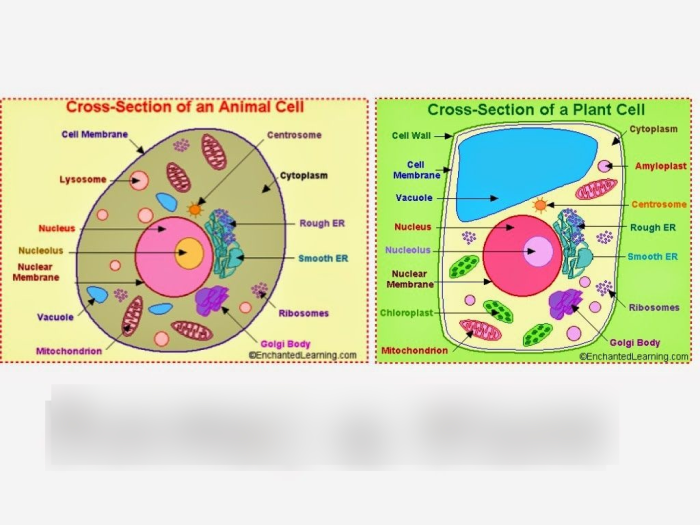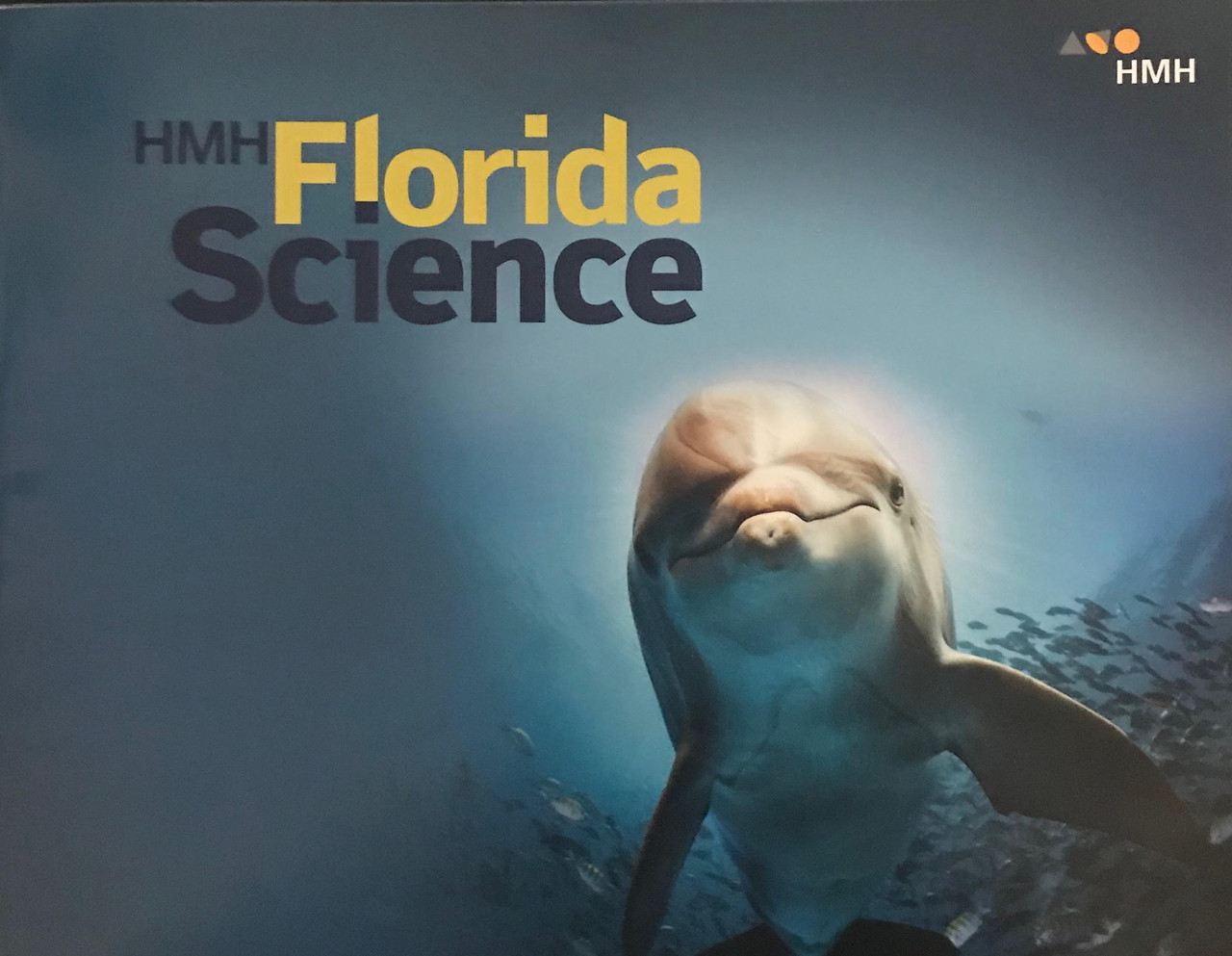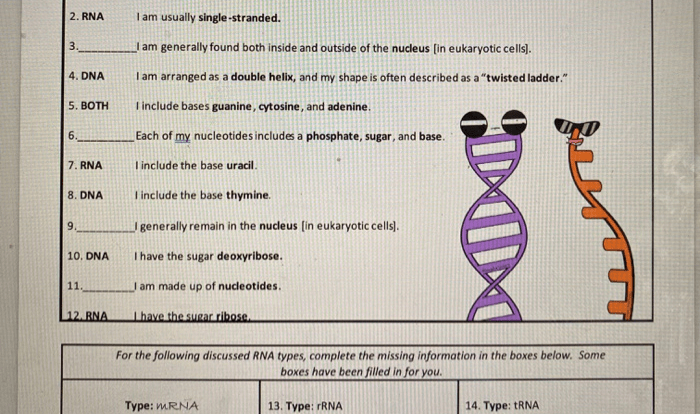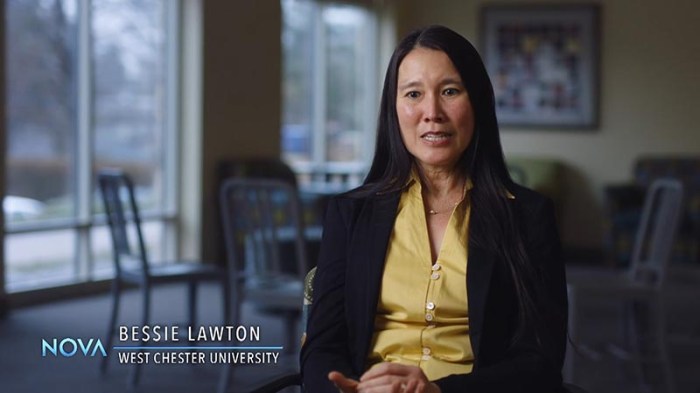Embark on an educational odyssey with HMH Florida Science Grade 5, a curriculum meticulously crafted to ignite young minds with a passion for science. This comprehensive program provides a solid foundation in scientific principles, fostering critical thinking, problem-solving abilities, and a deep appreciation for the natural world.
HMH Florida Science Grade 5 seamlessly integrates engaging content, interactive activities, and cutting-edge technology to create a dynamic learning experience. Students delve into the intricacies of life science, physical science, and earth science, gaining a comprehensive understanding of the interconnectedness of our planet and its inhabitants.
Introduction to HMH Florida Science Grade 5
HMH Florida Science Grade 5 is an engaging and comprehensive curriculum designed to equip students with a strong foundation in science concepts and skills. It aligns with the Next Generation Sunshine State Standards (NGSSS) and aims to foster scientific inquiry, critical thinking, and problem-solving abilities.
The curriculum covers a wide range of topics, including physical science, life science, and earth and space science. It emphasizes hands-on learning, exploration, and real-world applications to make science concepts relatable and meaningful for students.
Key Concepts and Skills
- Scientific Inquiry: Students learn the process of scientific investigation, including formulating hypotheses, conducting experiments, and analyzing data.
- Physical Science: Topics include matter, energy, forces, and motion. Students explore concepts such as states of matter, energy transformations, and the laws of motion.
- Life Science: Students study living organisms, their adaptations, and the interactions within ecosystems. They investigate topics such as genetics, biodiversity, and the human body.
- Earth and Space Science: Students explore the Earth’s systems, including the atmosphere, hydrosphere, and geosphere. They also learn about astronomy, the solar system, and the universe.
- Science and Engineering Practices: The curriculum emphasizes the integration of science and engineering practices, such as modeling, constructing explanations, and designing solutions.
Components of the Curriculum

The HMH Florida Science Grade 5 curriculum consists of several key components that work together to provide a comprehensive and engaging learning experience for students. These components include textbooks, workbooks, and online resources.The textbooks are the core of the curriculum, providing students with in-depth content and explanations of scientific concepts.
The textbooks are organized into chapters and units, each of which focuses on a specific topic or area of study. The chapters are further divided into sections, which include text, diagrams, charts, and other visual aids to help students understand the material.Workbooks
provide students with opportunities to practice the skills and concepts they learn in the textbooks. The workbooks include a variety of activities, such as worksheets, experiments, and projects, that help students reinforce their understanding of the material and apply it to real-world situations.Online
resources provide students with additional support and enrichment opportunities. The online resources include interactive simulations, videos, and other multimedia content that help students visualize and understand scientific concepts. The online resources also include assessment tools that help students track their progress and identify areas where they need additional support.
Teaching Methods and Strategies
HMH Florida Science Grade 5 offers a wide range of teaching methods and strategies to cater to diverse learning styles and maximize student engagement. These approaches prioritize hands-on experiences, inquiry-based learning, and differentiated instruction.
The curriculum emphasizes the use of:
- Inquiry-based learning:Students actively engage in scientific investigations, asking questions, making observations, and analyzing data to construct their understanding.
- Hands-on activities:Students manipulate materials, conduct experiments, and participate in demonstrations to enhance their comprehension and develop problem-solving skills.
- Differentiated instruction:Teachers tailor instruction to meet the individual needs of students, providing support and enrichment activities to ensure all learners can succeed.
Effective Lesson Plans and Activities
HMH Florida Science Grade 5 provides numerous examples of effective lesson plans and activities that align with the curriculum’s goals. These plans typically include:
- Clear learning objectives:Outlining what students should know and be able to do by the end of the lesson.
- Engaging activities:Hands-on experiments, simulations, or discussions that actively involve students in the learning process.
- Assessment strategies:Formative and summative assessments to monitor student progress and provide feedback.
Some examples of effective activities include:
- Building a model of a cellto demonstrate its structure and function.
- Conducting an experiment to test the effects of different variables on plant growthto develop scientific inquiry skills.
- Participating in a class discussionto share their understanding of a scientific concept and engage in peer-to-peer learning.
Assessment and Evaluation

HMH Florida Science Grade 5 utilizes a comprehensive assessment and evaluation system to gauge student learning and monitor their progress. This system employs a range of assessment tools and techniques to provide teachers with valuable insights into student understanding and areas where additional support may be needed.
The assessment system encompasses formative and summative assessments. Formative assessments, such as quizzes, classwork, and homework assignments, are conducted throughout the learning process to provide ongoing feedback and identify areas where students require further support. Summative assessments, such as unit tests and end-of-chapter assessments, are administered at the end of a unit or chapter to evaluate student mastery of the learning objectives.
When you’re not engrossed in the complexities of HMH Florida Science Grade 5, take a break and delve into the fascinating legal case of Mill Street Church v. Hogan . This landmark decision explores the intricate balance between religious freedom and the rights of others.
Afterward, return to HMH Florida Science Grade 5 with a fresh perspective, ready to unravel the wonders of the natural world.
Assessment Tools and Techniques
- Quizzes:Short, focused assessments administered during class to assess student understanding of specific concepts.
- Classwork:In-class assignments and activities that provide opportunities for students to demonstrate their comprehension and apply their knowledge.
- Homework:Assignments given outside of class to reinforce concepts and provide additional practice.
- Unit Tests:Comprehensive assessments administered at the end of each unit to evaluate student mastery of the unit’s learning objectives.
- End-of-Chapter Assessments:Assessments administered at the end of each chapter to evaluate student understanding of the chapter’s content.
- Performance-Based Assessments:Hands-on activities or projects that allow students to demonstrate their understanding and application of science concepts.
Differentiation and Support
HMH Florida Science Grade 5 recognizes the diverse learning needs of students and provides a range of strategies and resources to support their success.
To ensure equitable access to the curriculum, the program offers accommodations and modifications for students with special needs, such as:
Accommodations
- Extended time for assignments and assessments
- Alternative formats for materials (e.g., audiobooks, large print)
- Assistive technology (e.g., screen readers, speech-to-text software)
Modifications
- Simplified language and concepts
- Reduced workload or alternative assignments
- Visual aids and manipulatives to support understanding
Technology Integration: Hmh Florida Science Grade 5
Technology plays a vital role in the HMH Florida Science Grade 5 curriculum, enhancing student learning and providing them with 21st-century skills. It is seamlessly integrated throughout the curriculum to support students’ understanding of science concepts and foster their inquiry and problem-solving abilities.
Technology is used in various ways to enrich student learning:
Digital Resources
- Students have access to a wide range of digital resources, including interactive simulations, videos, and online games, that provide engaging and hands-on learning experiences.
- These resources allow students to explore complex concepts visually and interactively, promoting deeper understanding and retention.
Data Analysis and Visualization
- Technology empowers students to collect, analyze, and visualize data using digital tools.
- They can create graphs, charts, and models to represent their findings, fostering their critical thinking and data literacy skills.
Collaboration and Communication, Hmh florida science grade 5
- Students use online platforms and digital tools to collaborate with peers and share their ideas.
- This promotes scientific discourse, peer learning, and the development of effective communication skills.
Personalized Learning
- Technology enables personalized learning experiences by providing students with adaptive assessments and differentiated learning paths.
- Students can progress at their own pace and receive targeted support based on their individual needs.
Professional Development
Teachers implementing the HMH Florida Science Grade 5 curriculum have access to a range of professional development opportunities designed to enhance their knowledge and skills.
These opportunities include workshops, training programs, and online resources that cover various aspects of the curriculum, including content knowledge, pedagogical strategies, and assessment techniques.
Workshops
- Content-specific workshops provide in-depth training on the science concepts and skills covered in the curriculum.
- Pedagogical workshops focus on effective teaching methods and strategies for engaging students in science learning.
- Assessment workshops equip teachers with the skills and knowledge to effectively assess student learning and provide meaningful feedback.
Training Programs
- Comprehensive training programs offer a structured approach to professional development, covering a wide range of topics over an extended period.
- These programs typically involve a combination of face-to-face sessions, online learning, and practical application.
- They provide teachers with the opportunity to develop a deep understanding of the curriculum and its implementation.
Online Resources
- Online platforms and resources offer convenient and flexible access to professional development materials.
- These resources include videos, tutorials, lesson plans, and interactive simulations that support teachers in their implementation of the curriculum.
- Online discussion forums and communities allow teachers to connect with colleagues and share best practices.
Alignment with Standards
The HMH Florida Science Grade 5 curriculum is meticulously designed to align with both state and national science standards. It ensures that students develop a deep understanding of fundamental science concepts and skills that are essential for their academic success and future endeavors.
State Standards
The curriculum comprehensively addresses the Next Generation Sunshine State Standards (NGSSS) for science, ensuring that students meet the specific requirements set forth by the Florida Department of Education. These standards Artikel the knowledge, skills, and practices that students are expected to master at each grade level.
National Standards
In addition to aligning with state standards, the curriculum also aligns with the National Science Education Standards (NSES) developed by the National Research Council. The NSES provide a comprehensive framework for science education in the United States, outlining the essential concepts, skills, and inquiry-based practices that students need to succeed in science and technology.By
adhering to both state and national standards, the HMH Florida Science Grade 5 curriculum ensures that students receive a well-rounded and rigorous science education that prepares them for success in higher education and beyond.
FAQ Overview
What are the key components of HMH Florida Science Grade 5?
The curriculum includes textbooks, workbooks, online resources, interactive simulations, and hands-on activities.
How does HMH Florida Science Grade 5 support diverse learners?
The curriculum provides differentiated instruction, accommodations, and modifications to meet the needs of all students, including those with special needs and English language learners.
How is technology integrated into HMH Florida Science Grade 5?
Technology plays a vital role in the curriculum, with interactive simulations, online resources, and digital tools that enhance student engagement and deepen their understanding of scientific concepts.


